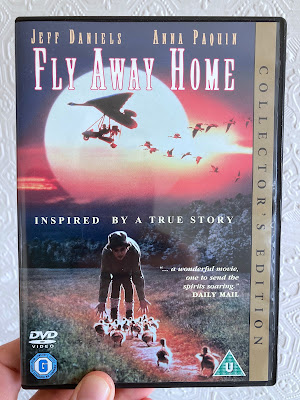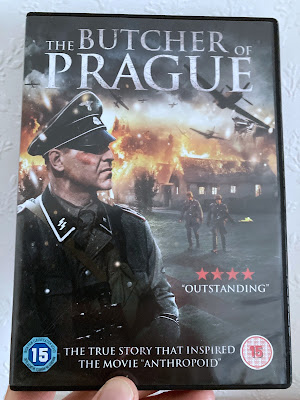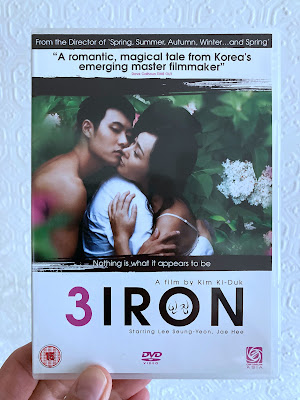Woeful action thriller directed by John Frankenheimer and written by John David Zeik and David Mamet.
Robert De Niro stars as one of a team of special operatives working in France, hoping to seize a special suitcase from a super-criminal. But, inevitably, there are double-crossings and other complications...
It’s deeply odd. The directing is off, somehow, with strangely framed shots and stilted camerawork lingering on the wrong details. Whenever someone is portrayed as waiting, they are forced to sit and sip coffee. That soon stands out as a conspicuous, awkward directorial tic. People just can’t stop drinking coffee in this film. There’s a kind of flatness that comes from a below-average script and actors who don’t believe in the lines they’re speaking. Jean Reno and Sean Bean have a degree of presence, but unfortunately they don’t have fleshed-out characters. Even De Niro is clearly struggling to rise above the shoddy material.
The “Ronin” concept falls flat, with forced references to Japanese warrior culture not really working at all. It looks cheap, and it’s amazingly dull for a film with so many high-speed car chases. Parts of it are so ridiculous that it becomes laugh-out-loud funny.
The music is intrusive and ill-judged – for example, when a “romantic” theme is matched to a dramatic scene.
All in all, a total mess that should be regarded as a set text for film students wanting to learn how not to make a thriller.

















































